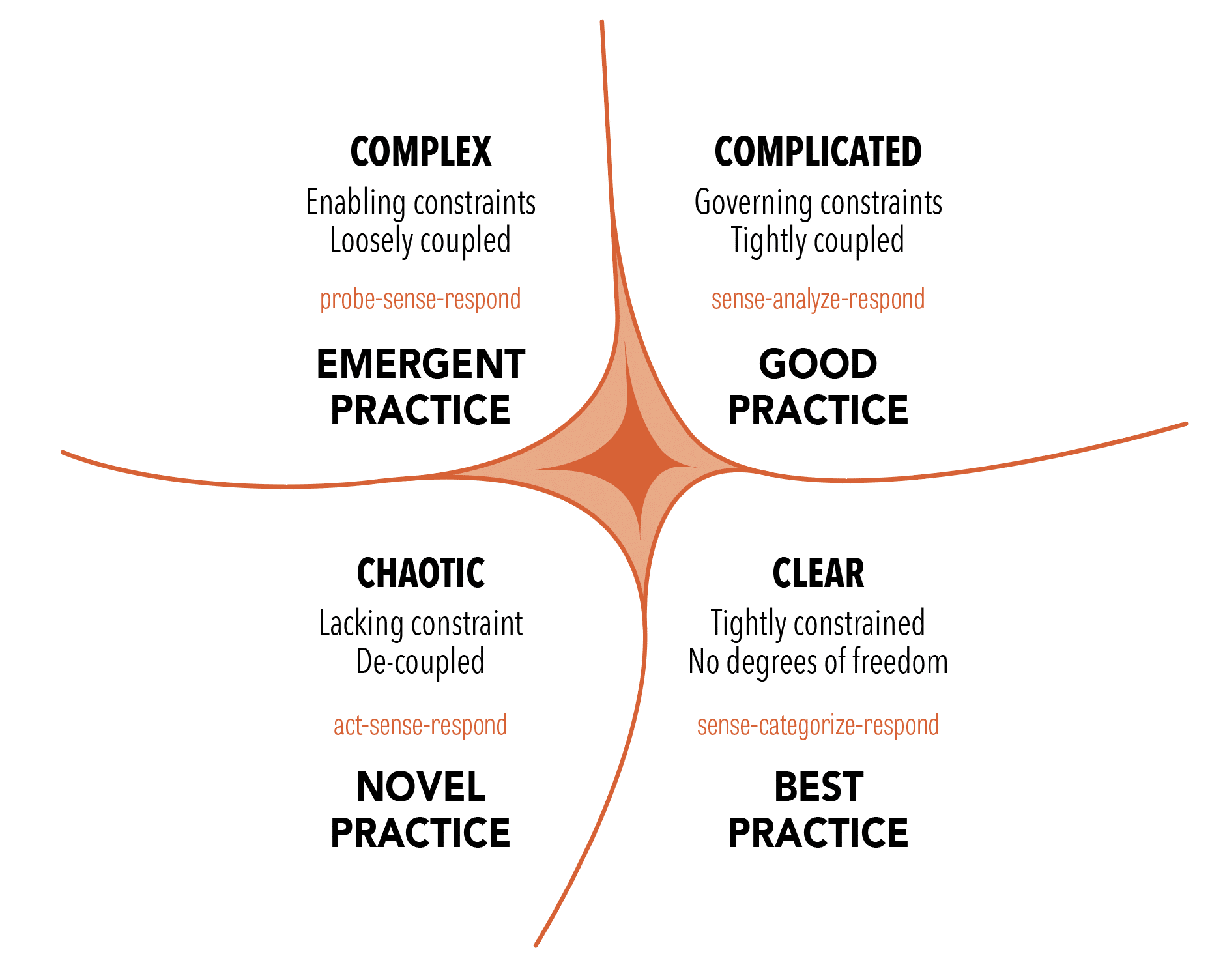
Make your feelings work for you
At Levati, we have been helping people develop their Influencing skills and styles for many years now. One of the things we have noticed is that there is a powerful influencing style that is massively underused.
This seems to be partly because people think that they should only use logic when at work and the rest of our humanity somehow doesn’t apply. In our experience though, using your feelings to influence as one of a suite of influencing styles can be surprisingly effective and reach places where logic just won’t go.
For example, some years ago I remember a close colleague trying to influence a number of us to send her some data on a specific issue. She gave very good reasons why she needed it and why it was important for the business. I thought to myself “I am really busy, I’ll get round to that” and didn’t. She followed up with an email, again, being very clear about what it was needed for. I still didn’t get around to it and neither did others. Then when we were at a meeting she approached me in the break and said “ I am feeling annoyed because I have written to you twice now for x information and not only have you not sent it but you haven’t even replied or said when you can get it to me for.” That was a new approach. It worked perfectly and I sent it to her there and then.
But it is not just negative feelings that are influential. One of our clients has been experimenting with telling his team how proud he is of them. He is noticing what a motivating effect it has on them and how it is having a much bigger impact than saying “Well done”
This is a focused purposeful use of your feelings to shape the behaviour of someone else i.e. to get them to do more of something (a positive feeing) or less of something (a negative feeling). It is not an outpouring to get something off your chest and make yourself feel better.
One of the things that make this so effective as an influencing style is that people cannot debate your feelings. When you offer logic it often invites debate and an alternative logic. If you are saying you feel frustrated/delighted/let down there is no debate. It has its own validity.
To use this influencing style effectively there are a number of things to bear in mind:
- be concise.
The outcome you are looking for is that the other person is crystal clear about your feeling, their behaviour and how the two link together.
- be specific.
It is not enough to say “I am really pleased with the board reports you have been delivering lately”. It is much more effective to say “I am really pleased with your last three board reports because you have argued your recommendations very clearly”
- be genuine.
Don’t make up a feeling. People can sense when you are not being genuine and they will see you as someone who can’t always be believed.
- Don’t say
“I feel that ….” because what comes next will be a thought not a feeling
- be congruent.
If you are saying you are delighted then look and sound delighted. If you say you are frustrated then make sure you look frustrated. If your body language sends out a mixed signal you will either dilute the message or leave people feeling that you are not being genuine.
What makes this tricky for some people is that to use this style you do of course need to know how you feel. Some people are very connected to how they feel and others live very much in their thoughts.
We frequently hear people say “They all know how I feel about this”, when what they really mean is ”they should have been able to read it from my facial expression”. If you really want to use your feeling to be influential it is important to voice them. If you are pursing your lips and frowning it is somehow much more threatening. People are left to interpret what your facial expression means, is it something they’ve done, do you not like them in general, do you think they are incompetent? As an influencing style this is a precision instrument. “I am feeling annoyed because you said you would have this done for today and you haven’t” or “I am really pleased with the way you have kept your team focussed during the recent upheaval”.
When I was young my mother used to say “It’s no use getting angry at people as I just explode, so I bottle it up. Best that way”. And that is in fact what happened. She would push down any anger until she couldn’t contain it any more then explode, then regret it. It has taken me a long time but what I have learnt with using this as an influencing style is that a simmering pan lid that lets out steam little and often is much more productive than a pressure cooker or a pressure cooker that blows.
Learn to use this and a range of influencing styles at out Influencing for Results workshop. We have one running in September – find out more here.
Frances and the Levati Team
Don’t forget to like and follow us on LinkedIn and Twitter for the latest news from Levati


